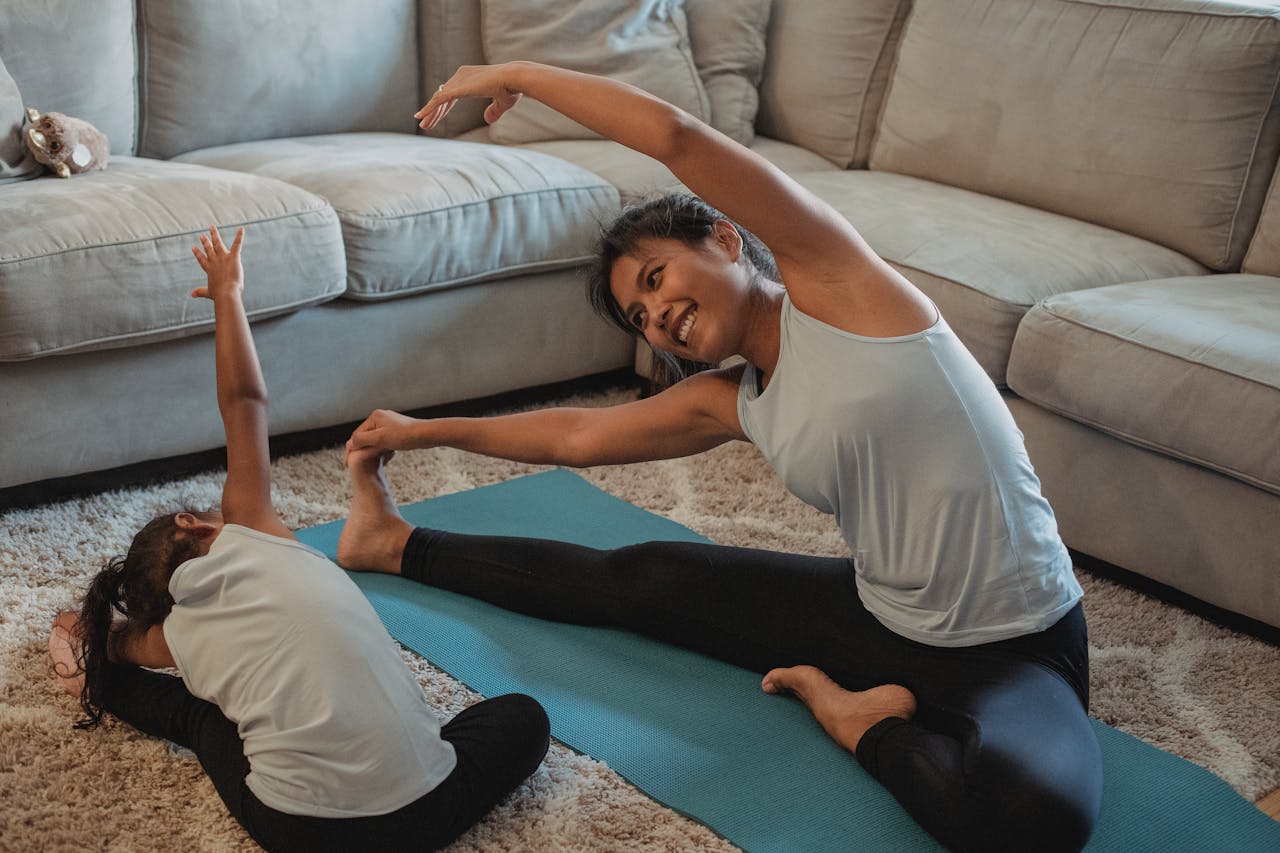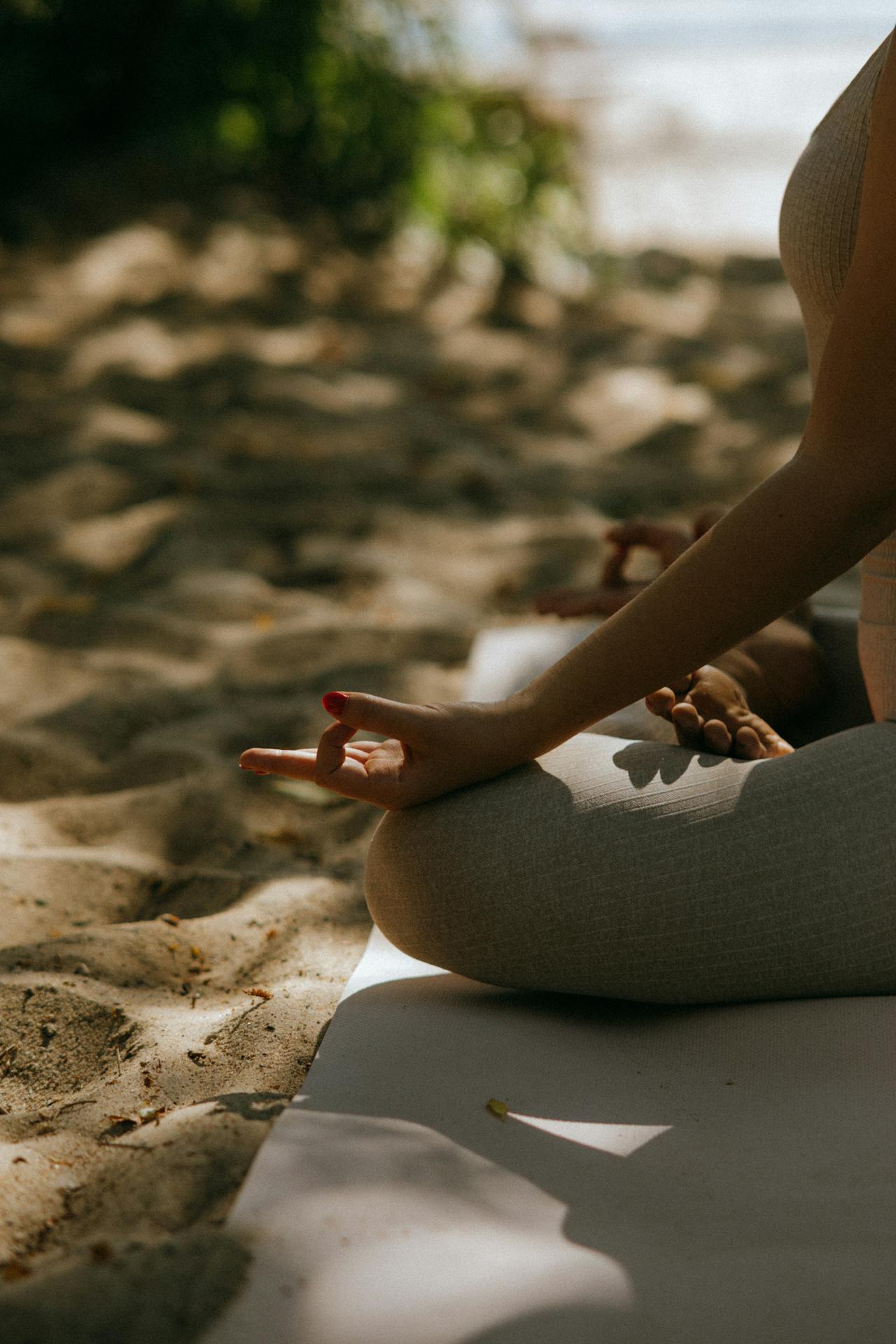The Art of Mindful Living: Achieving Balance in a Hectic World
In today’s fast-paced world, finding balance and maintaining a sense of peace amidst the chaos can seem like an impossible task. However, incorporating mindfulness into your daily life can be the key to achieving harmony and tranquility. In this blog post, we’ll explore the art of mindful living and how it can transform your life for the better.

What is Mindful Living?
Practicing mindful living entails immersing oneself completely in the present instant, acknowledging thoughts, emotions, and sensations without passing judgment. It encompasses embracing the current moment with receptiveness, inquisitiveness, and embracing acceptance. By cultivating mindfulness, you can break free from the cycle of stress, anxiety, and distraction, and instead, experience greater clarity, focus, and inner peace.
The Benefits of Mindful Living
Embracing mindful living can have a profound impact on every aspect of your life. Here are some of the key benefits:
Reduced Stress
Mindfulness has been shown to reduce stress levels by promoting relaxation and calming the nervous system.
Improved Mental Well-being
Practicing mindfulness can alleviate symptoms of anxiety and depression, promoting overall mental well-being.
Enhanced Focus and Concentration
By training your mind to focus on the present moment, mindfulness can improve your concentration and cognitive performance.
Better Relationships

Mindful communication fosters deeper connections with others by promoting active listening and empathy.
Increased Resilience: Mindfulness cultivates resilience by helping you respond to challenges with clarity and equanimity, rather than reacting impulsively.
Incorporating Mindful Practices Into Your Daily Life
Now that you understand the benefits of mindful living, let’s explore some practical ways to incorporate mindfulness into your daily routine:
Engage in mindful breathing by dedicating a few moments daily to center your focus on the rhythm of your breath.
Notice the sensation of the air entering and leaving your body, and allow yourself to fully immerse in the present moment.
Practice mindful eating by consciously savoring the flavors, textures, and aromas of your food with each bite.Chew slowly and savor each bite, fully appreciating the nourishment it provides.
Mindful Movement: Engage in activities such as yoga, tai chi, or walking meditation to cultivate awareness of your body and movement.
Mindful Technology Use: Set aside designated times to unplug from technology and be fully present with yourself and your surroundings.
Mindful Reflection: Take time each day to reflect on your thoughts and emotions without judgment. Journaling can be a helpful tool for processing your experiences and gaining insights into your inner world.

Conclusion
In conclusion, mindful living offers a powerful antidote to the stresses and pressures of modern life. By incorporating mindfulness into your daily routine, you can cultivate a greater sense of balance, presence, and well-being. Remember that mindfulness is a practice, and like any skill, it requires patience, dedication, and consistency. Start small, be gentle with yourself, and watch as the benefits unfold over time.
Engaging FAQs
- How long does it take to see the benefits of mindfulness?
The benefits of mindfulness can vary from person to person, but many people report experiencing positive changes within a few weeks of consistent practice. - Can mindfulness help with insomnia?
Yes, mindfulness techniques such as deep breathing and body scan meditation can help calm the mind and promote relaxation, making it easier to fall asleep and stay asleep. - Is mindfulness a religious practice?
While mindfulness has roots in Buddhist meditation traditions, it is not inherently religious.
Individuals from any religious background or those without religious affiliation can engage in this practice - Can mindfulness help with chronic pain?
Yes, mindfulness-based interventions have been shown to reduce the severity of chronic pain and improve quality of life for individuals suffering from various pain conditions. - How often should I practice mindfulness?
Experts advise incorporating mindfulness into your daily routine, even if it’s just for a brief period each day.. Consistency is key, so find a time and place that works for you and make it a regular part of your routine.